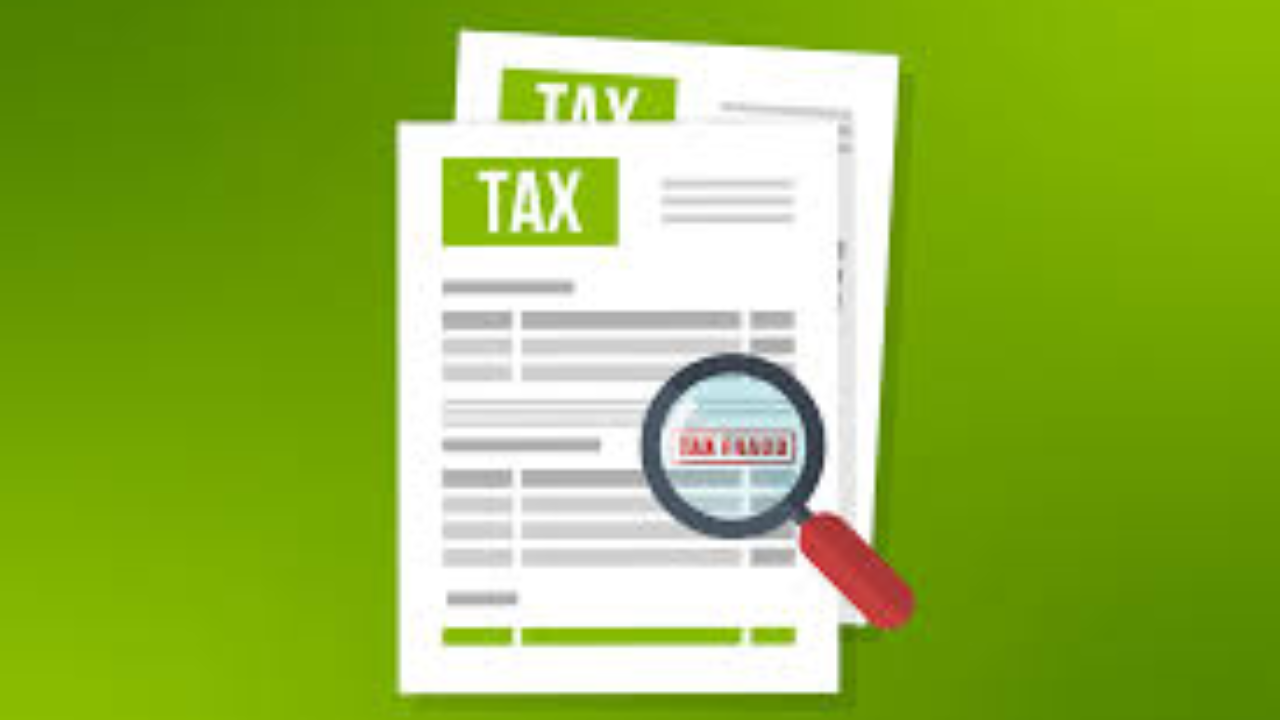The Income Tax Department has enabled the filing of updated returns (ITR-U) for assessment years 2021-22 and 2022-23 using ITR-3 and ITR-4 forms. This update was announced on X (formerly Twitter).
Thank you for reading this post, don't forget to subscribe!What is an Updated Return (ITR-U)?
Introduced under Section 139(8A) of the Income Tax Act, 1961, an updated return allows you to correct any mistakes or omissions in your original income tax return. You can also file an ITR-U if you missed the original deadline.
However, note that filing an ITR-U comes with an additional tax liability of up to 50% of the extra tax and interest you need to pay.
Who Should File ITR-3?
This form is for individuals and Hindu Undivided Families (HUFs) who have income from a business or profession, including:
- Income from share trading (including futures and options).
- Being a partner in a firm.
- Holding unlisted equity shares.
- Capital gains.
- Income from foreign assets or sources.
ITR-3 is also for taxpayers with an income exceeding ₹50 lakh who are not eligible to file ITR-1, ITR-2, or ITR-4.
New Features for ITR-3 (FY 2024-25):
- Split capital gains reporting for transactions before and after July 23, 2024.
- The ability to claim a capital loss on share buybacks if corresponding dividend income is declared.
- A higher reporting threshold for assets and liabilities when total income is over ₹1 crore.
- A new section for income from cruise businesses under Section 44BBC.
- Improved reporting for deductions under Sections 80C and 10(13A).
- TDS section code reporting in Schedule-TDS.
Who Should File ITR-4?
Also known as Sugam, this form is for resident individuals, HUFs, and firms (excluding LLPs) with:
- Total income up to ₹50 lakh.
- Income from a business or profession calculated under presumptive taxation schemes (Sections 44AD, 44ADA, and 44AE).
- Long-term capital gains up to ₹1.25 lakh under Section 112A.
You CANNOT use ITR-4 if you:
- Are a director in a company.
- Hold unlisted shares.
- Have foreign income or assets.
- Have agricultural income above ₹5,000.
- Have deferred tax on ESOPs.

















